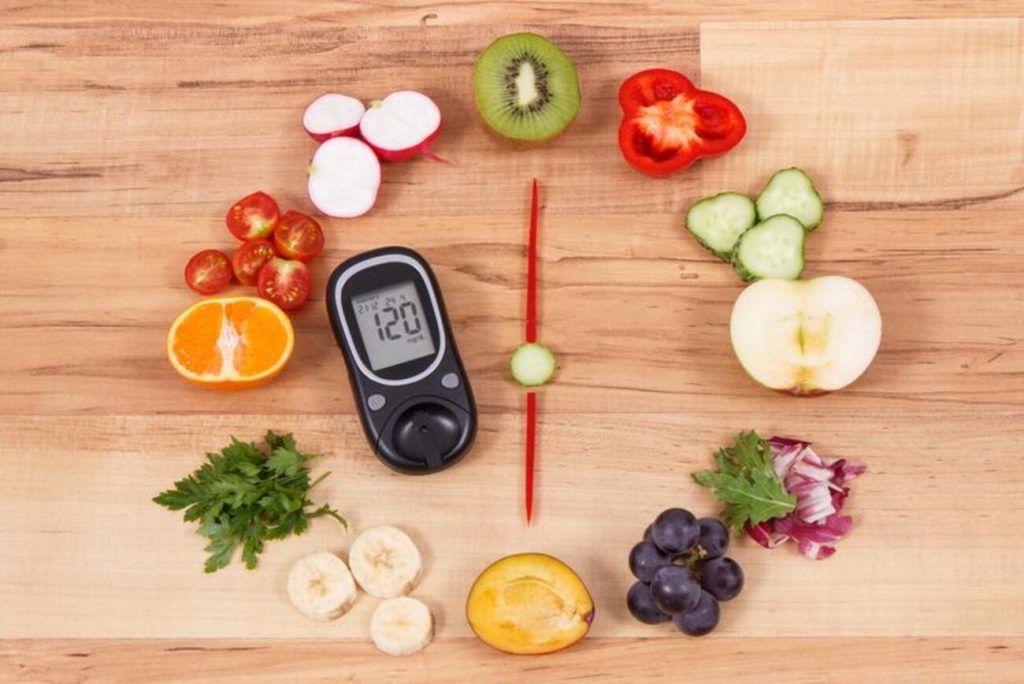
Are you of the opinion that a digital geiger counter is only a fancy device utilized by nuclear scientists? Consider again! This portable gadget is capable of much more than simply monitoring radiation levels. In this blog article, we will disclose 8 fantastic uses for your digital geiger counter that you may not have considered previously. Prepare to uncover the potential of this incredible equipment and learn its hidden powers, from checking soil quality to recognizing imitation diamonds. So, take your digital geiger counter and let’s get started!
What exactly is a digital geiger counter?
A sort of ionizing radiation detector is a digital Geiger counter. It counts the amount of ions device used to measure radioactivity produced in an air sample and shows the findings on a digital readout.
Digital Geiger counters offer several benefits over their analog counterparts. They are more accurate, have a greater dynamic range, and are less vulnerable to influence from outside sources. Furthermore, most digital Geiger counters may be linked to a computer, allowing for simple data gathering and analysis.
A digital nitrate tester can be used in a variety of ways. Monitoring ambient radiation levels, hunting for radioactive objects, and performing scientific study are all typical uses.
5 Reasons to Buy a Digital Geiger Counter
A digital geiger counter, as we all know, is a vital instrument for every nuclear scientist. Here are some reasons why you should get one:
1. To determine a sample’s radioactivity.
2. To determine a radioactive substance’s half-life.
3. Inspect nuclear reactors and other nuclear facilities for radiation leakage.
4. To monitor the amounts of radiation in the environment.
5. Research into the impact of radiation on biological creatures.
6. Create novel methods for decontaminating radioactive materials.
7. To examine the possible health hazards of low-level radiation exposure.
8. To investigate the viability of using radioactive materials as energy sources.
9. To look for new radioactive sources.
Radioactive dating may be used to learn about the history of the cosmos.
8 Fantastic Applications for a Digital Geiger Counter
You may not have considered all of the fantastic applications for your digital geiger counter. Here are a few examples of possibilities:
1. Make use of it as a teaching tool. Show your children how radiation works and what consequences it might have.
2. Check your house for radon. Radon is a gas that may enter houses through foundation fractures and cause health concerns.
3. Determine whether or not there has been a nuclear accident. If this has occurred, get to safety as soon as possible.
4. Check for radioactivity in food and drink. Check that the food you’re eating and the water you’re drinking are both safe.
5. Metal detection in electrical gadgets. This might be beneficial when attempting to locate a short circuit or other issue within an electrical gadget.
How to Use a Digital Geiger Counter
There are several ways to utilize a digital geiger counter, but here are a few pointers to help you get the most out of yours:
1. To confirm readings, use the digital geiger counter in conjunction with another type of detection, such as a scintillometer.
2. Use the digital geiger counter’s timer feature to take measurements over time and find patterns.
3. Keep track of your readings by taking notes or utilizing data recording software apps.
4. Become acquainted with the many types of radioactive elements so that you can appropriately interpret your findings.
5. Be aware of the levels of background radiation in your neighborhood so that you may identify locations with greater or lower radioactivity.
The Dangers of Living Near a Nuclear Power Plant
There are several dangers linked with living near a nuclear power station. The most serious danger is radiation exposure. Radiation may cause a wide range of health issues, including cancer. High quantities of radiation exposure might potentially result in mortality. Other concerns include the likelihood of radioactive pollution of the environment and nuclear power plant accidents.
How Do You Pick The Right Model?
When choosing a digital Geiger counter, there are several aspects to consider. The first is the precise application for which you intend to utilize the gadget. Some versions are intended for specialized uses, such as radiation detection in the home or office, but others may be better suited for more general use.
Consider the environment in which you intend to use the Geiger counter. If you want to use it in a location with significant amounts of background radiation, you’ll need a more sensitive model. If you’re going to use it in a location with low amounts of background radiation, you can get away with a less sensitive model.
Consider how frequently you will use the Geiger counter and how long it must last. If you just want to use it on occasion or in generally safe locations, a less costly and less sturdy model should suffice. If you expect heavy usage or harsh conditions, however, choose a more sturdy and pricey type.
Conclusion
With a digital Geiger counter, you may investigate our environment in new ways. This device’s potential ranges from geological investigation to radiation testing of drinking water. We hope that this post has given you some ideas on how you might use your digital Geiger counter to accomplish something new and fun with it every day. So, stay cautious and have fun using your geiger counter to solve the world’s secrets!
Related articles:
Understanding Radiation Measurement Fundamentals with a Digital Geiger Counter